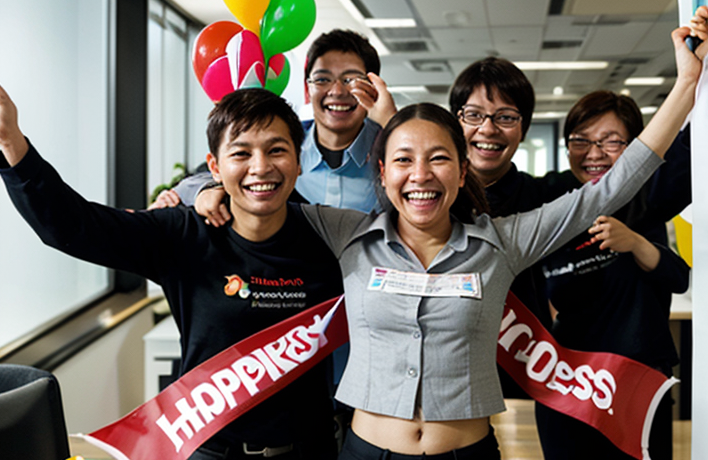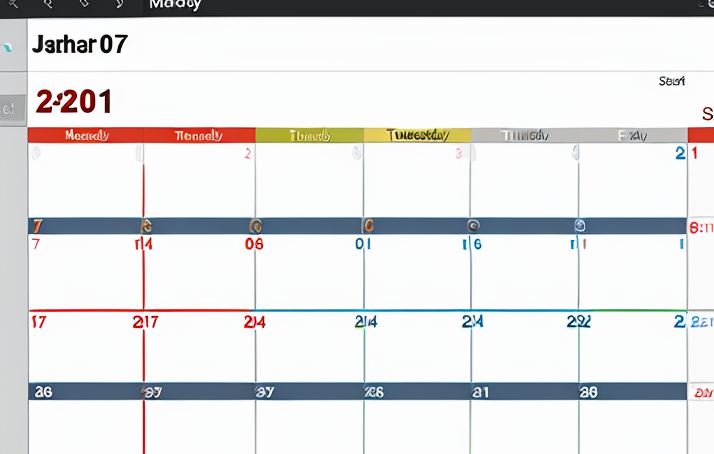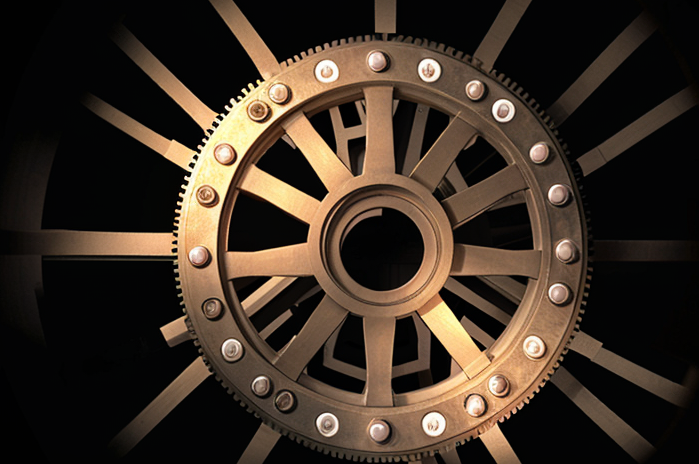Will HR Jobs Be Replaced By AI?
In a bustling office, a company named TechNext decided to embrace AI. They saw a chance to change things. HR turned to software for help. Workers in HR felt uncertain. They wondered if their jobs were at risk. Employees gathered in small groups. The chatter filled the air with worry. Questions floated around.
Are You a Good Fit for This Job?
“Will we still have jobs?” one worker asked. Another replied, “AI can’t understand people like we do!” They shared stories of past experiences. Each tale highlighted the value of human connections. Some felt hopeful. They believed AI would help, not replace them.
- TechNext started using AI for recruitment.
- With AI, sorting resumes became easy.
- Automated systems handled routine tasks.
- This let HR focus on people.
Yet, doubts lingered. As AI grew, would jobs shrink? Changes seemed fast, and workers were concerned. These fears reminded everyone that human touch mattered. A machine could not replace a smile or a friendly voice. Employees faced a transformation. Change often brings anxiety, but also hope.
TechNext employees understood that AI didn’t mean the end. Instead, it opened a new chapter. In uncertain times, they looked for answers.
To gain further insights into the future of HR roles, many are asking whether the demand for human resources professionals will continue to grow as technology evolves. Understanding these trends can be crucial for career planning. Check out more information about this topic here.
The Rise of AI: A Quick Overview
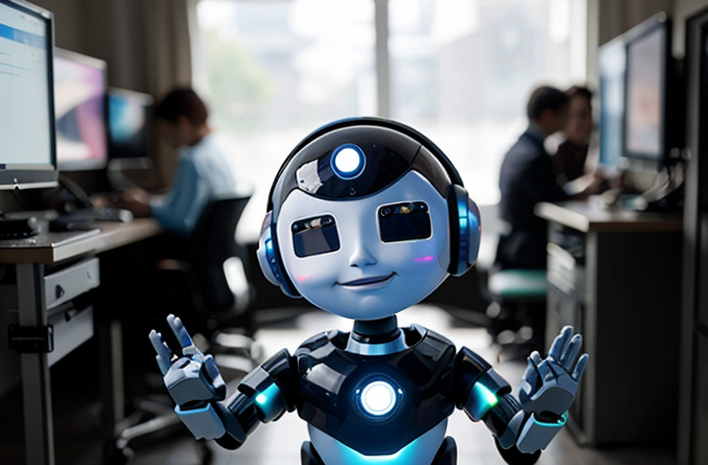
AI has changed how businesses work. It brings speed and accuracy. In human resources, its impact is major. This technology transforms tasks. Sorting resumes is now easier. Recruiters can find the best candidates faster.
AI can analyze employee data with skill. It watches performance and trends. This can help managers make better decisions. With AI, HR can avoid bias too, maybe even improve diversity.
AI replaces repetitive tasks. It frees up time for HR staff. Workers focus more on people rather than paperwork. Large companies use AI to handle many queries. Chatbots answer questions about jobs and benefits.
Employee onboarding is simpler with AI. It guides new hires through training. Feedback collection is easy too. Workers feel more engaged if they get quick responses.
AI’s ability to learn is endless. It improves by studying past data. Predictive analytics can help with future staffing needs. AI has become a tool of choice for many HR teams today.
- Recruitment process efficiency
- Enhanced employee engagement
- Data-driven insights for performance
- Reduction of human errors
Case Study: AI Implementation in HR
A company named TechForward decided to integrate AI into its HR functions. The leaders wanted to boost efficiency and streamline processes. They faced challenges, like, long hiring times and employee disengagement. The implementation started with AI-driven tools that helped in recruitment.
These tools analyzed resumes quickly, cutting initial screening time by 30%. Job postings also became more targeted thanks to AI content suggestions.
- HR staff spent less time on repetitive tasks.
- Employee surveys improved with AI, providing faster insights.
- Turnover rates dropped by nearly 15% after AI engagement measures.
AI’s impact disappointed some employees at first. They feared their jobs were at risk. However, the company emphasized that AI supports human roles, not replace. Training programs helped staff adapt to new tools. This boosted morale.
Results showed a 25% increase in overall HR efficiency, and this was significant. Management noticed enhanced decision-making in talent management. Staff reported a better work-life balance, which HR had targeted. Retaining talent became easier as AI identified top performers.
Skepticism about AI usage lingered among some long-time employees. In meetings, those employees raised valid points about human connections. Yet, the data reflected a strong embrace of this change by most. AI created opportunities for HR to focus on strategy and culture.
The shifts were not just about numbers but about human stories. With tools working effectively, personnel could engage better. AI showed its potential but did not substitute the human touch. TechForward’s journey proves that technology can enhance, if guided well.
The Human Element: What AI Can’t Replace

AI can analyze data well. But it lacks genuine empathy. This quality is vital in human resources.
Work From Anywhere Opportunities:
There are situations where feelings matter. Consider Jane, an HR manager, who handled a conflict between two coworkers. They clashed over a project. Jane listened intently. She understood both sides. You could see the emotions on her face. AI could not do this.
Human interaction is messy. People have different reactions and feelings. AI struggles with this complexity. It might miss a crucial nuance. This leads to oversimplified solutions.
- AI can’t show compassion.
- AI lacks understanding of cultural contexts.
- AI does not recognize subtle cues in body language.
These traits are key in resolving disputes. During tough conversations, tone and trust matter. AI will never grasp these intricacies.
Moreover, ethical decision-making is often subjective. An HR professional can weigh options carefully. A machine may rely solely on data. This can elad to unfair outcomes.
Think of Mike, who had to let an employee go. It was a hard choice. He considered the family’s situation. An AI would only see numbers. It wouldn’t account for the impact on lives. This level of understanding is human. AI, however advanced, cannot replicate it.
Thus, the human touch remains essential. It strengthens team dynamics and builds trust. HR is about people, not just tasks.
As we move forward, we must embrace AI’s assistance. But the core of HR has to stay focused on people. This balance is crucial for meaningful work environments. How can we ever forget that?
Future Scenarios: Coexistence or Replacement?
The future of HR jobs has many possibilities. AI could become a powerful ally. Imagine a world where machines assist with hiring. Companies might thrive on data-driven decisions. Machines can analyze resumes quickly. However, they lack the ability to understand human feelings. Human judgment is essential for complex situations.
Some experts predict a blend of AI and humans in HR. This could create more efficient workflows. Tasks like scheduling interviews will be automated. Teaming AI with HR professionals might enhance effectiveness. Employees could channel their energy into crucial areas.
- AI takes over repetitive tasks.
- HR focuses on employee relations.
- Organizations become more agile.
- Creativity drives a fresh approach.
- Each human role evolves into a strategic one.
Yet, a possible downside exists. If AI takes too many tasks, reliance may increase. Companies may choose cheaper AI solutions over human workers. Trust in machines could risk employment. Careful planning must prevent workforce displacement.
One can’t ignore workplace culture. Employees value connection and empathy. A complete replacement could lead to isolation. Team spirit may diminish in the absence of human touch. Organizations should prioritize human interactions. Balance is the key as tech advances.
Humans and machines might forge partnerships. AI could support humans in hiring diverse talent. Tools may help reach underrepresented groups. However, human intuition must inform final decisions. AI lacks nuance when it comes to culture. It can’t judge a person’s fit based on gut feeling.
In this evolving landscape, adaptability is crucial. HR roles may transform, not disappear. The future remains uncertain, yet hopeful. Embracing both AI and human efforts brings potential. Let’s prepare for the new HR reality. What would it like to be a part of this change?
Conclusion: Embracing the Change
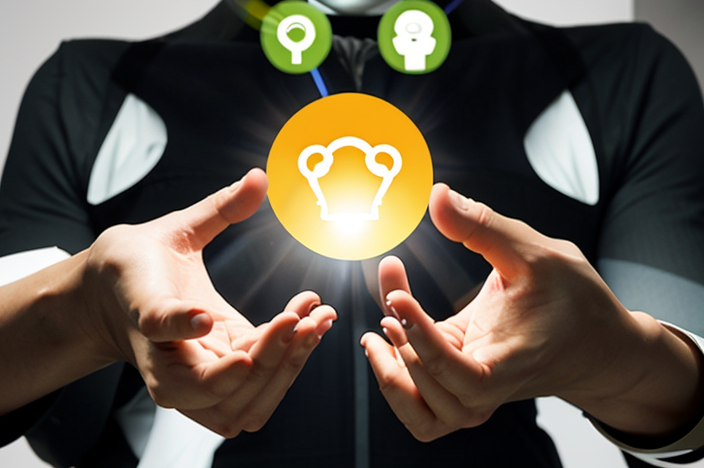
AI is not a foe. It can be a powerful ally in HR. We must embrace AI as a tool that enhances our work. The human touch still matters. Some skills cannot be replaced. For instance, empathy and understanding are unique.
Imagine a world where AI handles tasks. In this world, humans can focus on relationships. Humans bring creativity and problem-solving. These traits are hard to find in machines. AI can scan resumes quickly. Yet, it can’t assess a candidate’s personality.
We are in a time of change. Workers need to adapt and grow.
- Learn how to work with AI.
- Focus on emotional intelligence.
- Build strong connections with people.
Employers need to encourage this shift. Training is key for successful integration. AI will assist, not replace us. The future depends on how we use this tech. We should not fear change. It presents new opportunities for everyone.


